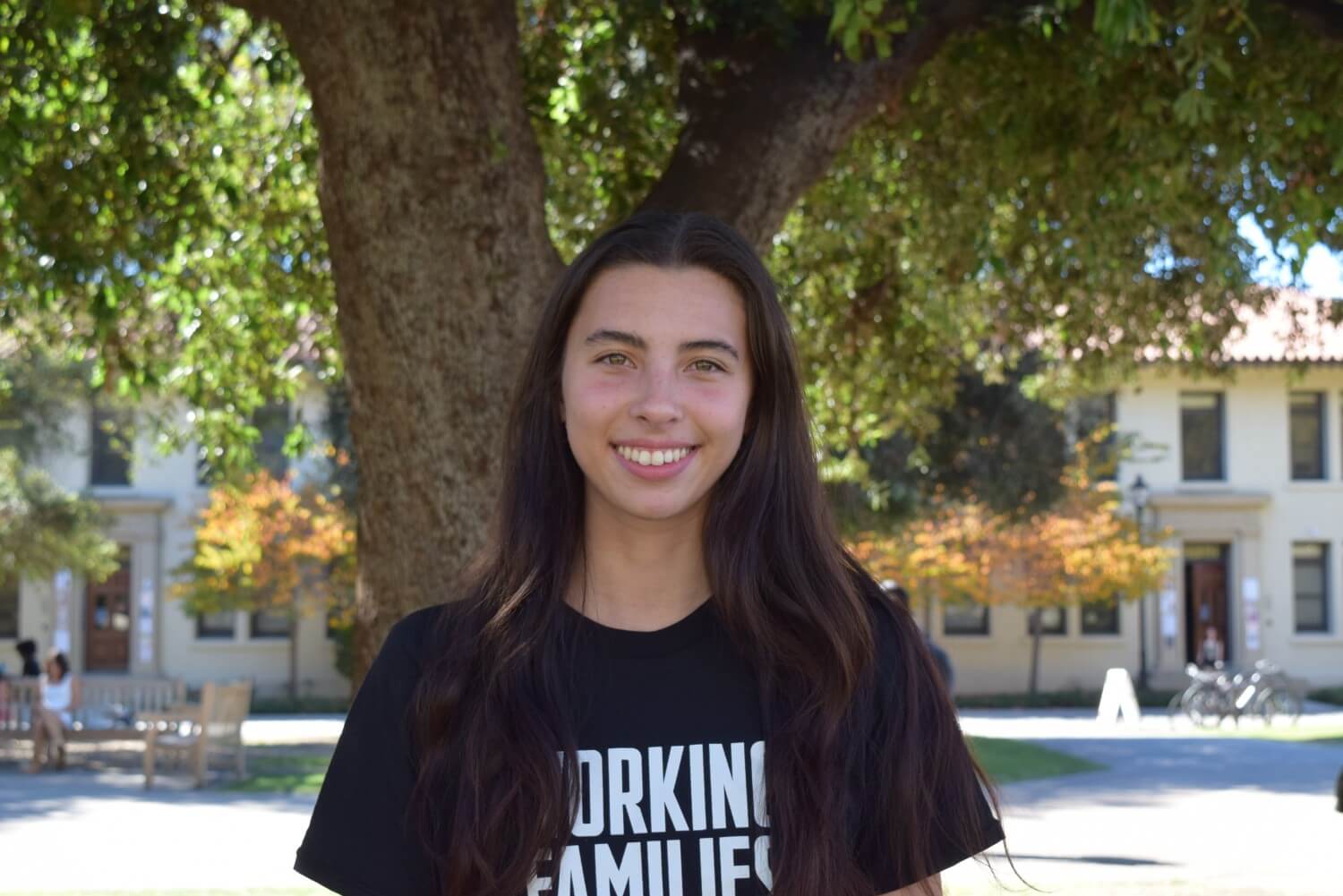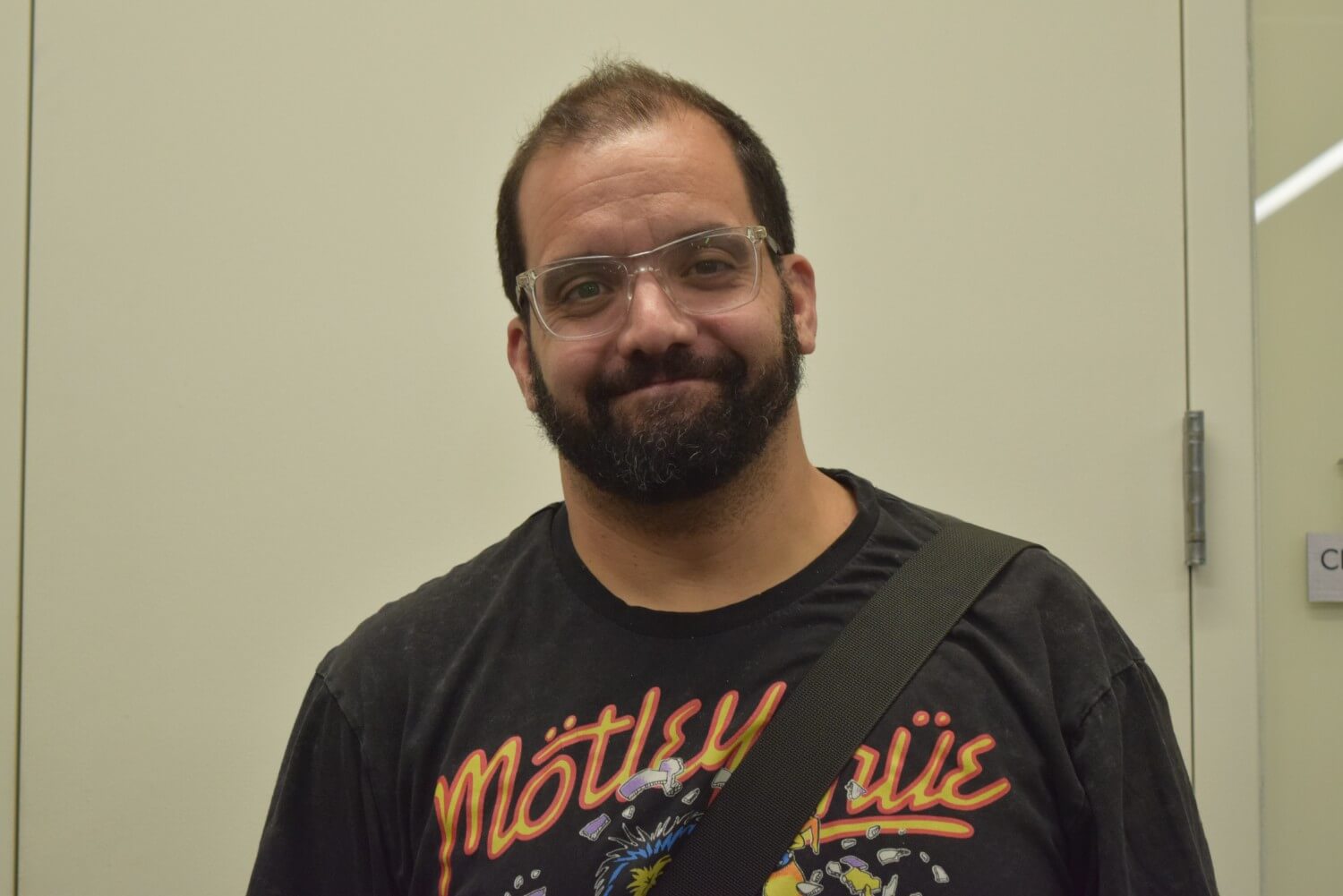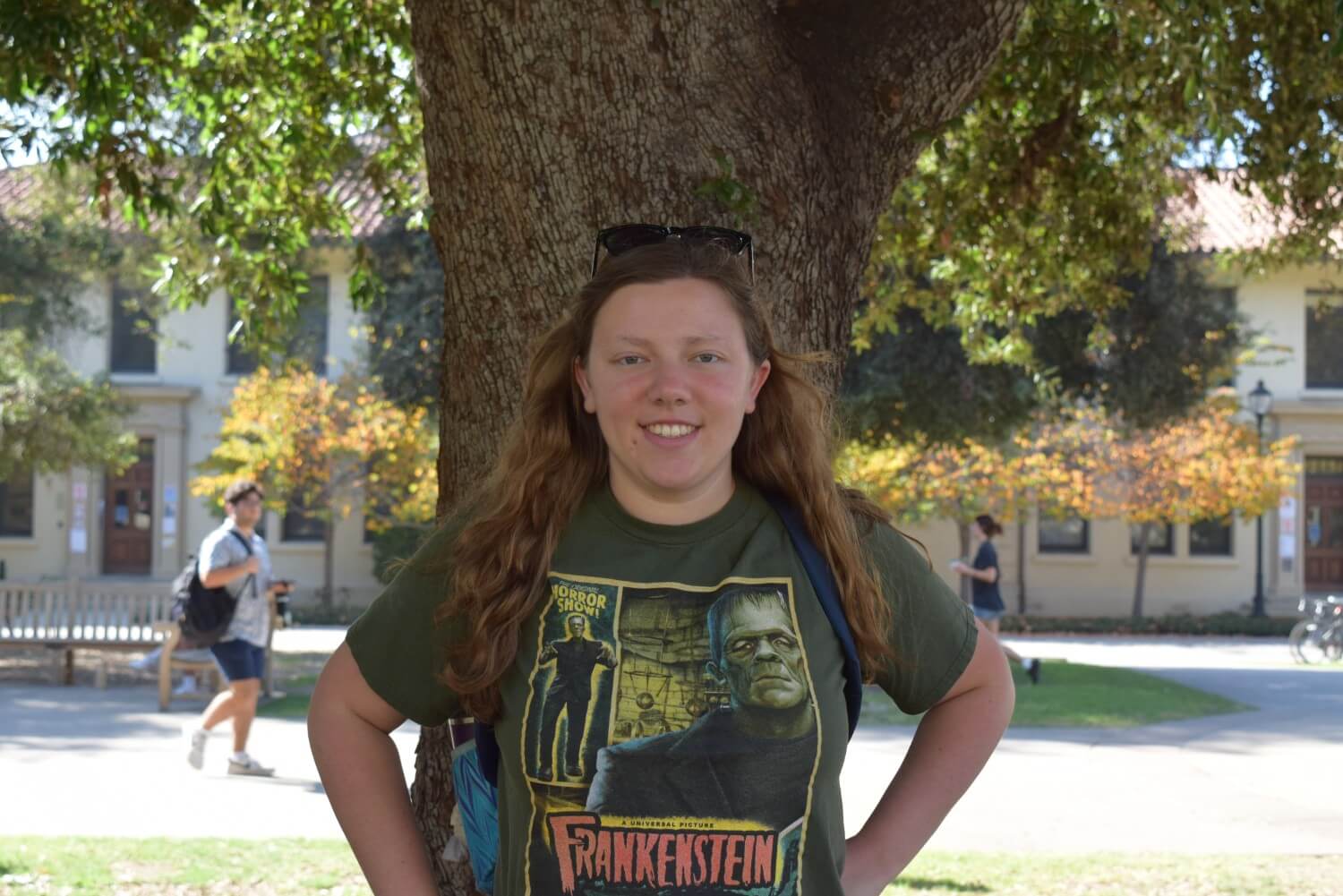
California voters will be able to vote on Proposition 50 (Prop. 50) Nov. 4, a state constitutional amendment that would give the power to redraw congressional district maps to the state legislature, instead of the current independent California Citizens Redistricting Commission. It would likely give California Democrats five new seats in the House of Representatives.
This measure is in response to the Texas legislature redrawing their own district map this summer, likely granting Texas Republicans five new congressional seats.
Leading up to Election Day, reactions to Prop. 50 have varied across California and across campus. These responses were given prior to the results of the election.
Sebastian Gardea (junior) – Hometown: Los Angeles, CA
Gardea said he voted for Prop. 50 because he saw the measure as an immediate way to fight back against the Trump administration.
“As somebody who did vote in the 2024 presidential election and voted down ballot Democrat, we effectively lost a really major battle,” Gardea said. “But battles are never over, and new battles are happening right now.”
Gardea said he saw Prop. 50 as a way to give representation lost over the summer back to Texas Democrats.
“Granted, Texas Democrats are not going to be the constituents of these new California Democratic seats, but it will be a roundabout solution to solving their plight,” Gardea said.
Gardea said he believes independent redistricting committees should be mandated in every state, which made it more difficult for him to vote yes on Prop. 50.
“However, I think it is my duty to vote for [Prop. 50], because it’s better […] than just sitting here reading all the [gloomy] headlines about everything bad happening,” Gardea said.

Rosa Hochschild (junior) – Hometown: Berkeley, CA
Hochschild said she is an organizer for Yes on Prop. 50 with the California Working Families Party.
“I see Prop. 50 as a really well-designed response to what is happening in Texas, where you can see that they have already gone ahead and made five new Republican House districts without consulting voters,” Hochschild said.
Hochschild said she appreciates how Prop. 50 has been presented to the voters in California, whereas the measure in Texas was decided by the state legislature.
“I think that [Prop. 50 has] a really good design, because if you are shifting the power over from the Independent Redistricting Commission to the state legislature, you want to make sure that power isn’t constant and will be returned to the independent way that it was before,” Hochschild said.

Jesse McClure (senior) – Hometown: Santa Clarita, CA
McClure said he will not decide how he is going to vote on Prop. 50 until he goes to fill in his ballot.
“It’s a tricky one with Prop. 50 because it’s naturally partisan, but reactionary partisan, so you have to weigh out what’s going to be the short-term benefits versus the long-term benefits and ramifications,” McClure said.
McClure said as a politics major, he is very methodical in how he votes.
“I understand the purpose, but I don’t like the idea of shutting out certain groups of people,” McClure said. “That is naturally what [Prop. 50] is going to do, even if you’re just talking in the short term.”
McClure said he worries Santa Clarita will be especially affected by Prop. 50, as it is a swing district.
“I understand the nationwide purpose,” McClure said. “But it puts me [between] a rock and a hard place.”

Cassidy Johnson (junior) – Hometown: Fullerton, CA
Johnson said she wanted to research how Prop. 50 would affect Fullerton before she made a decision.
“I was a little skeptical at first, because I wasn’t sure how it would affect me,” Johnson said.
Johnson said she voted yes because Prop. 50 was temporary, and even if she ended up changing her mind, the measure can be reversed.
“I voted yes just to see what would happen,” Johnson said. “I figured I’d […] see if anything good comes of it.”

Zumyna Kabir (sophomore) – Hometown: Orange County, CA
Kabir said she voted for Prop. 50, because she saw it as a direct way to counteract the Trump administration.
“If Prop. 50 is […] a step in stopping [Trump], then I think that it’s fine, even if I have my reservations,” Kabir said.
Kabir said she views Prop. 50 as an equalizing measure in response to the new Texas congressional map.
“Prop. 50 is good at garnering enough seats in the House for the Democratic Party,” Kabir said. “That is exceptionally important if other states are gerrymandering to make sure that they have enough representatives in the House […] [Republicans] have unlimited power. Prop. 50 evens it out.”
Kabir said she has felt as though her vote is being influenced by outside actors.
“Politicians are all choosing who they want voting,” Kabir said. “I feel like that defeats the whole purpose of the democratic system […] It troubles me to see the state of what we’ve become as a country.”

Michael Morris (junior) – Hometown: Pasadena, CA
Morris said he thinks Prop. 50 is a necessary measure to combat redistricting efforts in states such as Texas, Missouri and Indiana.
“If Democrats don’t [redistrict,] then they’ll be substantially disadvantaged in the midterms,” Morris said. “It will be detrimental to our democracy if Trump doesn’t have a check […] in the House.”
Morris said he does not like partisan gerrymandering, but he views it as necessary in the current political climate.
“We’re living in an unprecedented time,” Morris said. “In this case, it is a good thing that we are redistricting.”
Contact Quinn Sumerlin at sumerlin@oxy.edu
![]()





























